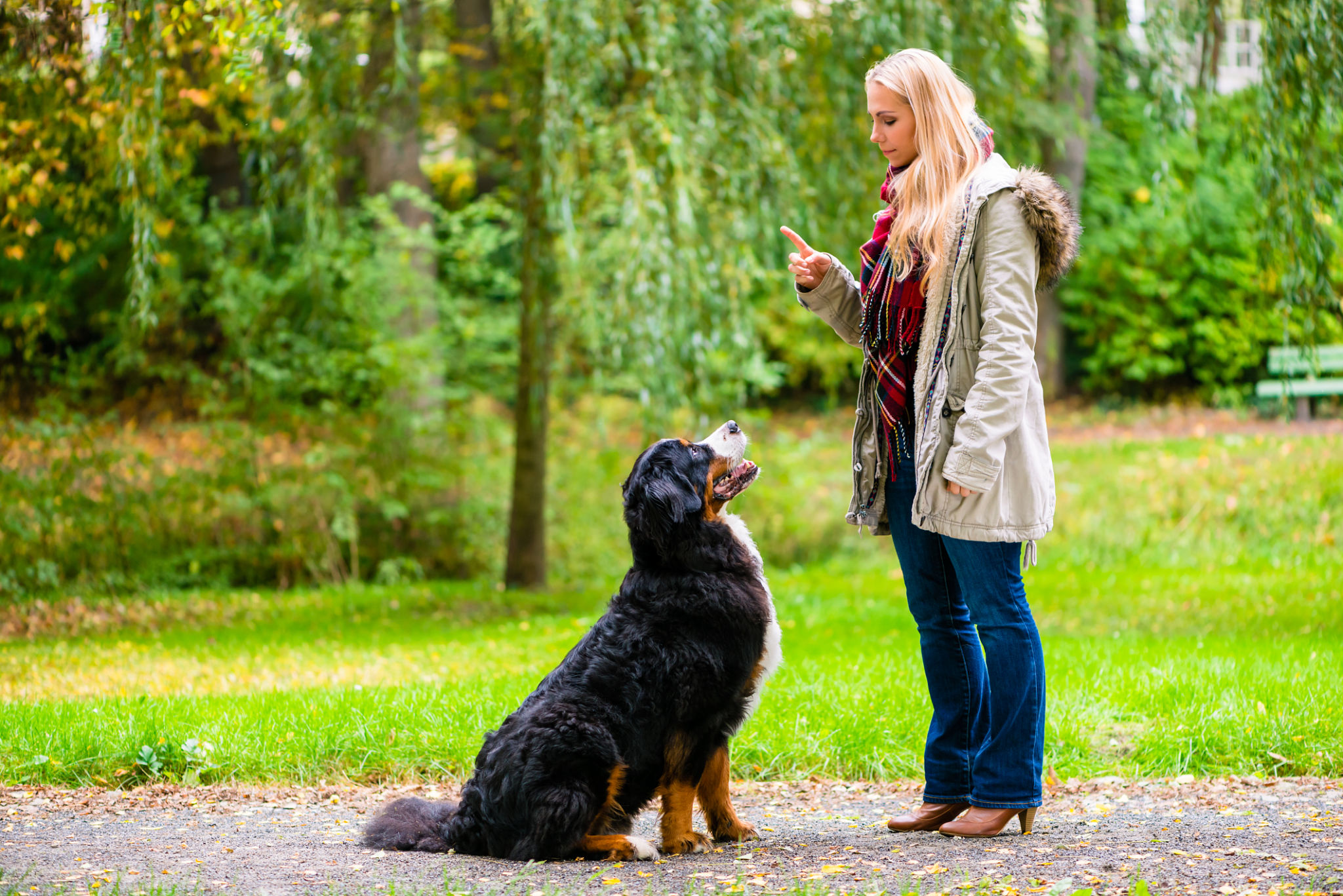The Ultimate Guide to Dog Training in Sacramento
Understanding Your Dog's Behavior
Training a dog effectively requires an understanding of their behavior and instincts. Dogs are naturally social animals and thrive on structure and guidance. To begin a successful training journey in Sacramento, it's crucial to observe your dog's natural behaviors and identify areas that may need improvement.
Dogs communicate through body language, barking, and other vocalizations. By paying attention to these signals, you can better understand your dog's needs and motivations. This foundational understanding will make the training process smoother and more rewarding for both you and your furry friend.

Essential Training Techniques
Basic obedience training is the cornerstone of a well-behaved dog. Start with simple commands like sit, stay, and come. These commands form the basis for more advanced training. Consistency is key; practice these commands daily to reinforce learning.
Positive reinforcement is one of the most effective training techniques. Rewarding your dog with treats, praise, or playtime encourages them to repeat desired behaviors. It's important to reward immediately after the desired action to create a clear connection between the command and the reward.

Choosing the Right Training Environment
Sacramento offers a variety of environments that are ideal for dog training. From local parks to specialized training centers, each location has its own benefits. Parks provide ample space for practicing leash walking and socialization, while training centers offer structured classes with professional guidance.
When selecting a training environment, consider your dog's temperament and comfort level. Some dogs may thrive in a bustling park setting, while others might benefit from a quieter space with fewer distractions. Tailor your choice to suit your dog's specific needs for the best results.
Socialization for Well-Rounded Dogs
Socialization is a critical aspect of dog training that helps your pet become comfortable with various environments, people, and other animals. In Sacramento, you can find numerous opportunities for socialization through dog-friendly events and meet-ups.
Introducing your dog to new experiences gradually can prevent behavioral issues such as fear or aggression. Regular socialization in controlled settings builds confidence and ensures your dog behaves appropriately in different situations.

Finding Professional Trainers in Sacramento
If you encounter challenges during training or want to advance your dog's skills, hiring a professional trainer can be beneficial. Sacramento boasts a range of skilled trainers who specialize in different areas of dog training.
When choosing a trainer, look for certifications and reviews from other pet owners. A qualified trainer will use humane techniques that align with your training goals. They can also provide personalized advice and strategies tailored to your dog's unique personality.
Staying Committed to Training
The key to successful dog training is commitment and patience. Set aside time each day to work on training exercises and reinforce good behavior. Remember that progress may be slow initially, but persistence pays off in the long run.
Incorporate training into daily routines by using commands during walks or playtime. This approach not only reinforces learning but also strengthens the bond between you and your dog.

Common Training Challenges
Every dog is unique, and some may pose specific challenges during training. Common issues include excessive barking, jumping, or pulling on the leash. Address these challenges by identifying the root cause and implementing targeted strategies.
For example, if your dog barks excessively out of boredom, increase their physical activity and mental stimulation. Consistency in addressing these behaviors is crucial for effective resolution.
The Benefits of a Well-Trained Dog
A well-trained dog not only enhances the quality of life for both you and your pet but also ensures safety and harmony in various settings. A trained dog is less likely to engage in destructive behaviors and more likely to respond positively to new experiences.
Investing time and effort into training will result in a loyal companion who understands boundaries and expectations. The benefits extend beyond the household, as a well-behaved dog is more welcomed in public places, creating more opportunities for enjoyment together.

